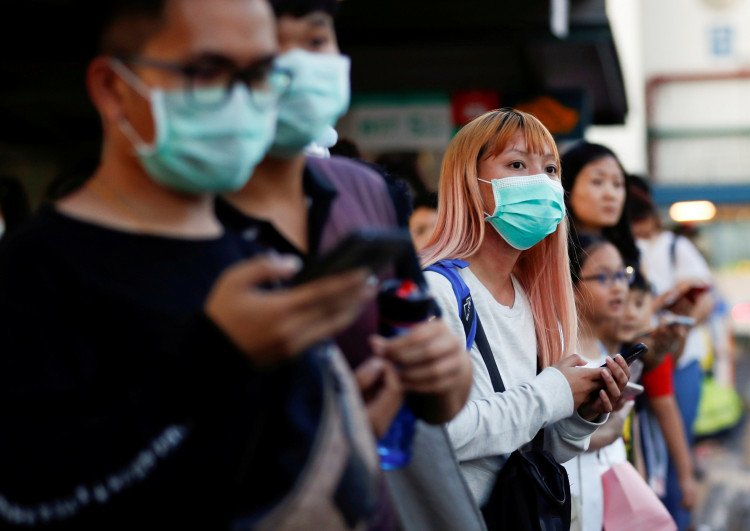On Monday, Malaysia and Singapore reopened one of the world's busiest land borders, allowing immunized tourists to cross after almost two years of restriction because of the COVID-19 outbreak.
While tourists enjoyed the opportunity to see their family and friends once again, there were worries that the border may close again due to the new coronavirus strain Omicron.
On Sunday, the Omicron coronavirus variant spread around the globe, with additional cases detected in Australia, Denmark, and the Netherlands, despite the fact that more countries imposed travel restrictions in an attempt to isolate themselves.
Omicron was identified for the first time on Friday by researchers in South Africa, who raised alarm over the disease's unusually rapid rate of mutation. At least a dozen more cases of the new strain have been confirmed since then, while numerous others have reported suspicious cases.
Despite high rates of COVID-19 immunization in both countries - around 90% in Singapore and 80% in Malaysia - the governments are only now cautiously easing up. Specific conditions have already been established prior to the emergence of Omicron.
Travelers must test negative for COVID-19 prior to departure, and Malaysia also mandates an on-arrival test, a practice Singapore adopted on Sunday in response to Omicron scare.
On Monday, Malaysian Prime Minister Ismail Sabri Yaakob was greeted at one of the land border crossings by Singaporean Prime Minister Lee Hsien Loong, during his first official visit to Singapore as premier. Prior to the pandemic, up to 300,000 Malaysians commuted daily to Singapore.
The border's abrupt closure in March last year stranded tens of thousands on both sides, separated from their families and fearful for their employment.
Based on recommendations by Singapore government authorities, up to 1,440 visitors from either side can cross the land border without being quarantined each day if they hold citizenship, permanent residency, or long-term visas in the destination country.
Singapore also said on Sunday that it will postpone plans to construct vaccination travel lanes between Singapore and Saudi Arabia, Qatar, and the United Arab Emirates because of the new COVID-19 strain.
Singaporean Prime Minister Lee has stated that his administration is "very closely monitoring" Omicron and that it may require the city-state to "take a few steps back" before continuing forward.
Singapore, which has an aging population of 5.5 million people, is primarily reliant on Malaysians who live in the southern state of Johor to staff enterprises ranging from eateries to semiconductor manufacturing and manufacturing.






